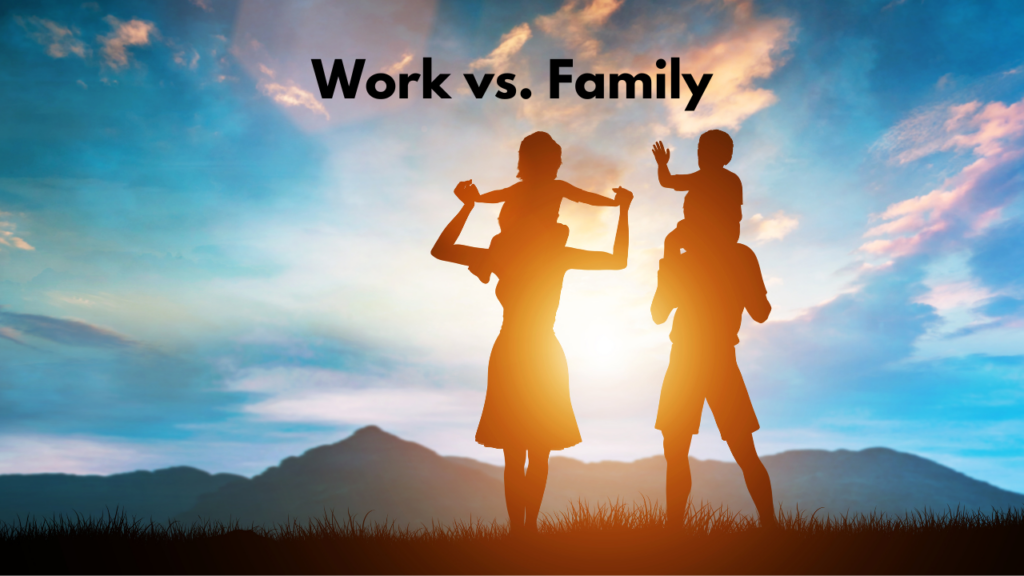How Conscious Choices Are Reshaping the Wellness Industry

Gautam Kapadi
CEO of Luke Coutinho Holistic Healing Systems (LCHHS)
The way we consume has changed. Today’s consumer is informed, intentional, and values-driven. Wellness is no longer just about products—it’s about impact. People are looking beyond quick fixes and instant gratification, seeking brands that align with their health goals, ethics, and environmental concerns.
This shift presents a unique opportunity for the wellness industry. It’s no longer enough to offer organic ingredients or sustainable packaging as a selling point—brands must embody transparency, integrity, and a true commitment to holistic well-being. Consumers don’t just buy products anymore; they invest in values.
Who Is the Ethical Consumer?
The ethical consumer isn’t just someone who reads ingredient labels—they make purchasing decisions that reflect their beliefs, lifestyle, and long-term health priorities. They aren’t just choosing wellness for themselves; they’re considering how their choices impact their families, communities, and the planet.
What drives them?
- A Shift Towards Holistic Health – Wellness is no longer about isolated benefits; people want physical, mental, and emotional well-being in one ecosystem.
- Sustainability Matters – From eco-friendly packaging to ethical sourcing, consumers are holding brands accountable for their environmental footprint.
- Transparency Builds Trust – People want clear labels, third-party certifications, and proof that brands walk their talk. Buzzwords like “clean” and “natural” no longer cut it—evidence does.
- Ethical Business Practices – Consumers are asking: Where does this come from? Who made it? Were they paid fairly? The rise of conscious capitalism means brands must stand for something beyond profit.
- Digital Influence & Informed Decisions – People research before they buy, looking for real customer experiences, science-backed claims, and expert opinions.
- Community Over Commercialism – More than flashy marketing, people trust word-of-mouth, social proof, and authentic brand storytelling. They want to engage with brands that educate, uplift, and align with their values.
How the Wellness Industry Must Adapt
As consumers demand more transparency, sustainability, and integrity, wellness brands have to step up. Here’s how:
1. Clean Ingredients, Honest Labels
More people are reading labels than ever before, and they’re not just looking for what’s inside—they’re checking for what’s missing. Brands must commit to clean, non-toxic formulations, backed by science, with full ingredient transparency and no misleading claims.
2. Sustainability Beyond Packaging
Sustainable packaging is just the start. Consumers want to see ethical sourcing, reduced waste, and carbon-conscious production methods. Certifications like Fair Trade, cruelty-free, and plastic-free initiatives go a long way in building credibility.
3. Wellness Beyond the Body
People are realizing that true health isn’t just physical—it’s emotional and mental too. Brands that integrate mindfulness, stress management, and emotional well-being into their offerings will have a stronger connection with today’s wellness consumers.
4. Educate, Don’t Just Sell
The ethical consumer is curious and informed. Brands that position themselves as trusted sources of knowledge—through well-researched blogs, expert collaborations, and educational content—will naturally build stronger, more loyal communities.
5. Use Technology for Transparency
People want to know where their products come from. QR codes on packaging that link to sourcing details, lab reports, or sustainability initiatives can help brands build trust.
6. Build a Real Community
The brands that thrive are not just selling—they are engaging, listening, and building meaningful connections. Whether through social platforms, in-person events, wellness retreats, or expert-led discussions, creating a real community around shared values is the key to long-term brand loyalty.
The Future of Ethical Consumption in Wellness
This shift isn’t a passing trend—it’s a fundamental transformation in how people approach health and well-being. Consumers aren’t just buying wellness products; they’re choosing a way of life—one that aligns with their values, their health, and the planet.
Brands that recognize this will thrive. The future of wellness isn’t just about what you sell—it’s about what you stand for.



